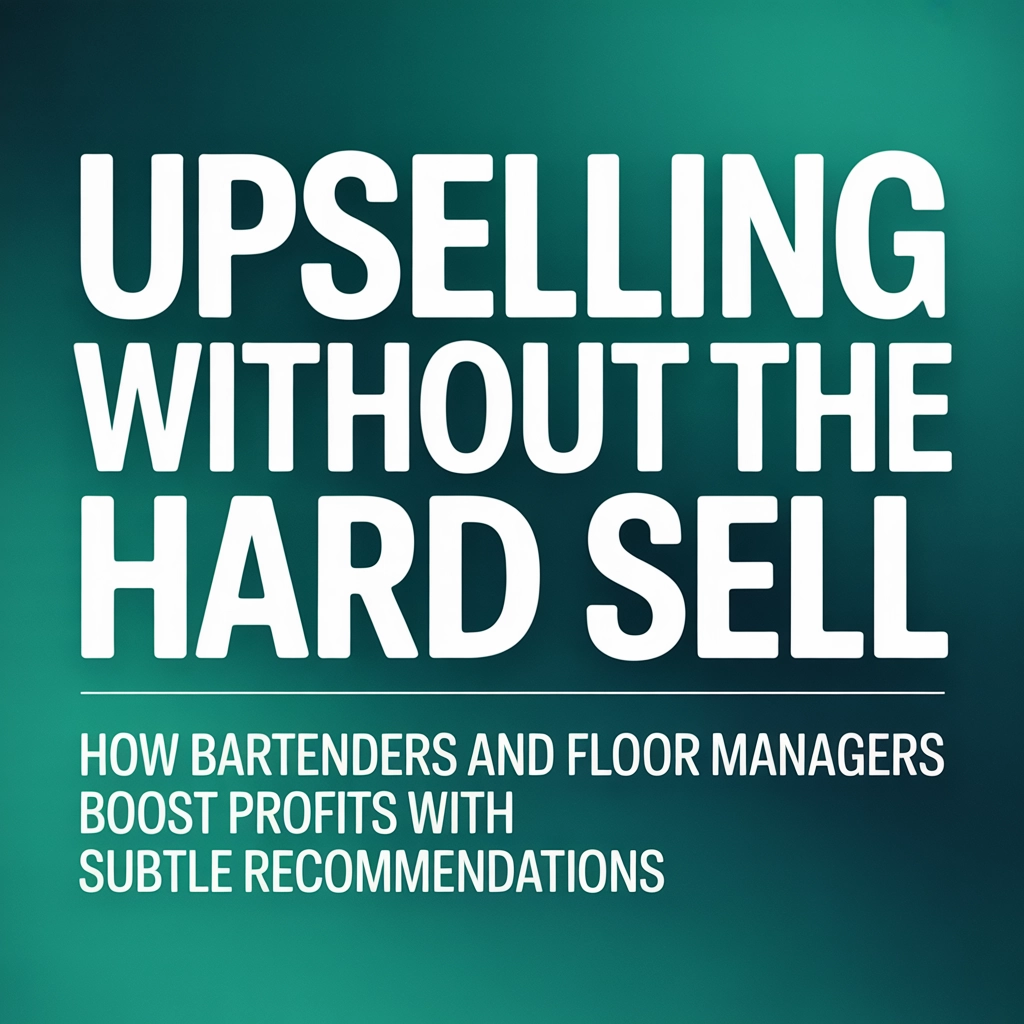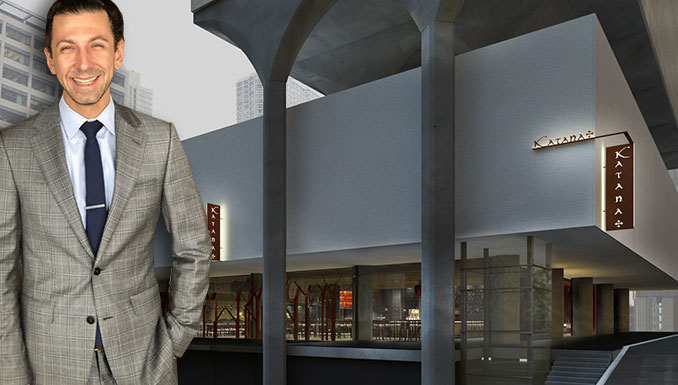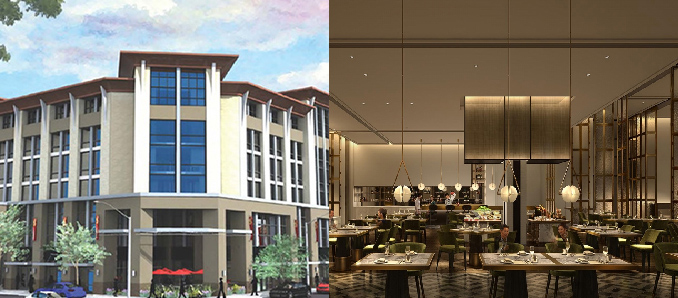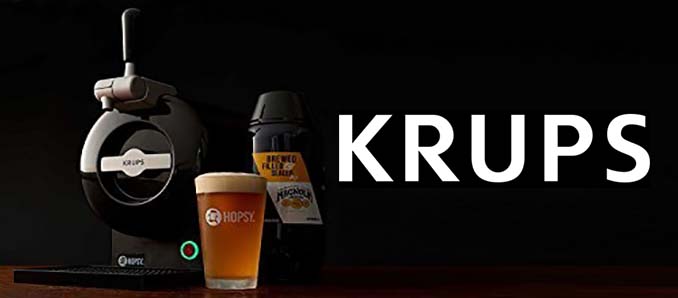In an industry where profit margins can be razor-thin, the art of upselling becomes not just a nice-to-have skill but an essential business strategy. Yet, there's a fine line between effective upselling and pushing products that alienates customers. The most successful establishments have discovered that subtle recommendation techniques can significantly boost their bottom line while actually enhancing the guest experience—a true win-win scenario.
Recent industry data shows that effective upselling can increase average check size by 15-30% without negatively impacting customer satisfaction. In fact, when done right, it often improves it. So how do savvy bartenders and floor managers pull off this delicate balancing act?
The Psychology Behind Effective Upselling
Before diving into specific techniques, it's crucial to understand the psychology that makes subtle upselling work. The fundamental principle is simple: customers don't want to be sold to, but they do want guidance toward the best possible experience.
"The moment a guest feels like they're being manipulated into spending more money, you've lost them," explains Camille Wilson, founder of Dilettante Bar Consultants. "But when they feel like you're genuinely helping them discover something they'll love, they're not only willing to spend more—they're grateful for the recommendation."
This distinction explains why traditional hard-sell tactics ("Would you like to upgrade to our premium tequila for just $4 more?") often fall flat compared to experiential recommendations ("If you enjoy complex, smoky flavors, you might really appreciate our small-batch mezcal in this cocktail instead").
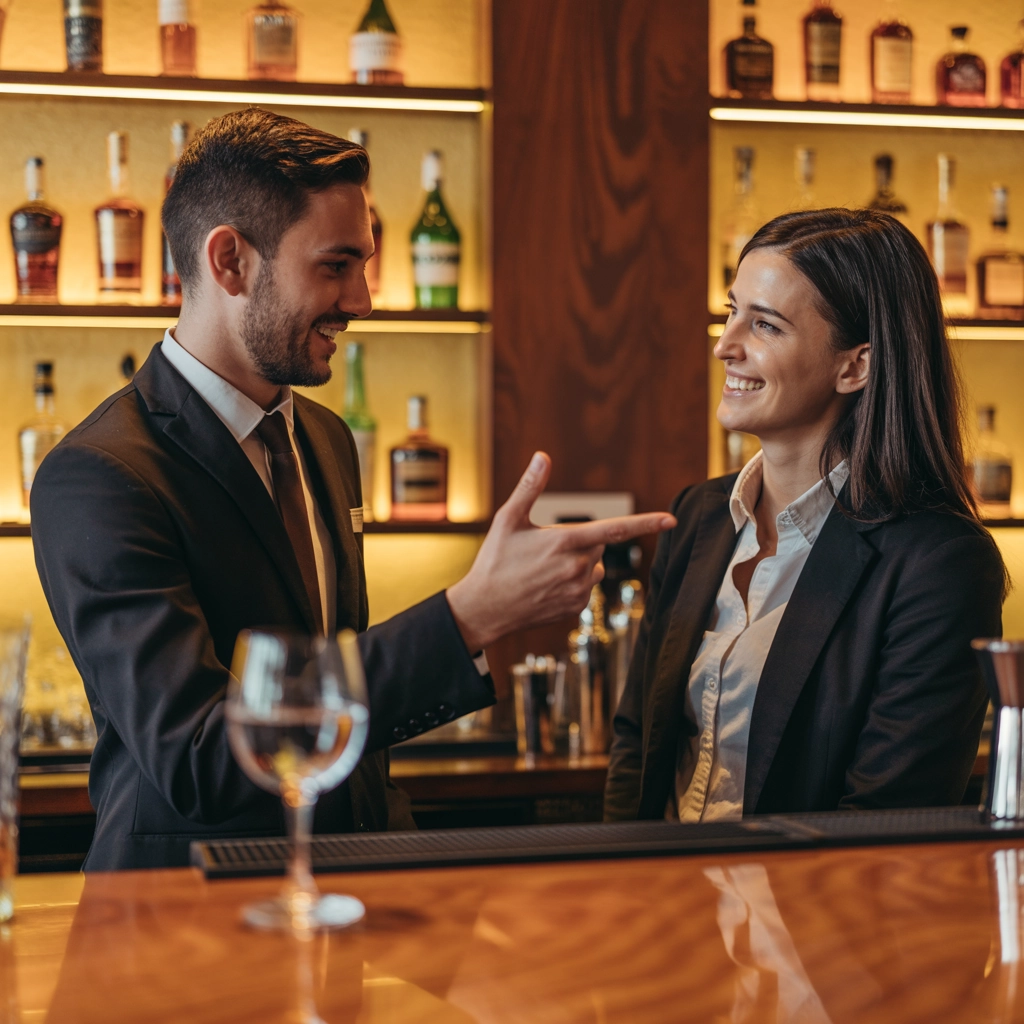
Bartender Techniques That Drive Revenue
1. The Taste-Driven Recommendation
Skilled bartenders engage customers in brief conversations about preferences, then use that information to make targeted suggestions. This approach feels personalized rather than transactional.
Example in action: When a guest orders a vodka soda, an effective bartender might say, "We have this fantastic local vodka distilled with honeycomb that adds a subtle sweetness to that drink. Would you like to try it? It's become really popular with our regulars."
This approach works because it:
- Offers a genuine enhancement to their chosen drink
- Appeals to social proof ("popular with regulars")
- Presents a unique experience they can't get elsewhere
2. The Enthusiastic Storyteller
Passion is contagious. When bartenders authentically share their excitement about a product, guests are naturally curious.
"I've seen bartenders increase sales of a specific whiskey by 200% in a single month just by sharing a compelling story about the distillery's unique process," notes Ryan Hoffman, beverage director at The Roosevelt Room in Austin. "The key is that the enthusiasm has to be genuine—customers can smell fake excitement from a mile away."
3. The Educational Approach
Many guests appreciate learning about what they're consuming, especially in craft cocktail establishments. Bartenders who educate rather than sell often see higher conversion rates on premium products.
Example in action: "I notice you enjoy bourbon. This cocktail features a small-batch bourbon that's aged in port wine barrels, which gives it these amazing dark fruit notes you don't typically find. It's $3 more than our house bourbon, but it completely transforms the drink."
4. The Pairing Suggestion
Recommending spirits or cocktails that complement a guest's food order feels helpful rather than pushy.
"When someone orders our spicy tuna tartare, our staff knows to mention how our yuzu-infused sake brings out the citrus notes in the dish," says Sandra Kim, general manager at Umami in Chicago. "About 65% of guests take that recommendation because it enhances their overall dining experience."
Floor Manager Strategies That Create Upselling Opportunities
While bartenders handle direct interactions, floor managers create the systems and environment that enable successful upselling.
1. Strategic Menu Design
Smart menu layout can increase sales of high-margin items without a single word being spoken.
"We redesigned our cocktail menu to highlight our signature drinks with higher-end spirits by placing them in the visual 'sweet spot'—the upper right corner where eyes naturally land first," explains Daniel Torres, operations manager at Copper & Oak in New York. "We saw a 22% increase in orders of those cocktails within the first month."
Other effective menu design strategies include
- Boxing or otherwise visually highlighting premium options
- Placing high-margin items at the beginning and end of categories (primacy and recency effect)
- Using descriptive language that triggers sensory responses
- Removing dollar signs, which research shows reduces "price pain"
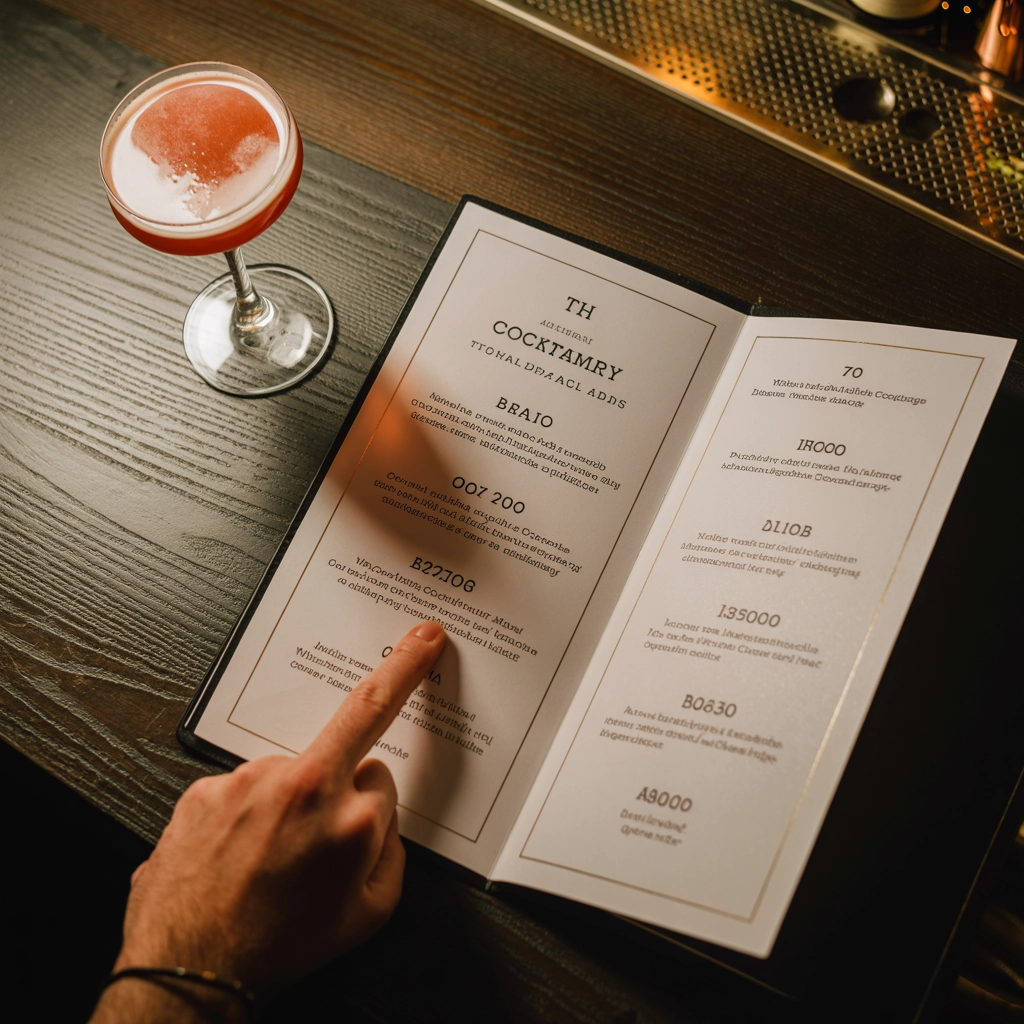
2. Strategic Staff Training
Floor managers who invest in comprehensive product knowledge see better results from upselling efforts.
Effective training includes:
- Blind tastings so staff can authentically describe flavor differences
- Role-playing exercises to practice natural recommendation language
- Knowledge of production methods and brand stories that resonate with guests
- Regular menu quizzes to ensure information retention
"We conduct weekly 15-minute tastings focused on one spirit category," says James Rodriguez, bar manager at The Alembic in San Francisco. "When our team can confidently explain why a Japanese whisky has different characteristics than a Scotch, they can make recommendations that guests trust."
3. Creating the Right Environment
Floor managers set the tone for the entire operation. The best ones cultivate an atmosphere where staff feel empowered to make genuine recommendations rather than pressured to hit sales targets.
"We never talk about 'upselling' in our staff meetings," notes Emma Chang, general manager at Botanist in Vancouver. "Instead, we discuss 'enhancing the guest experience.' This subtle shift in language changes how our team approaches interactions—they focus on adding value rather than extracting dollars."
Common Pitfalls to Avoid
Even establishments with the best intentions can undermine their upselling efforts with these common mistakes:
1. The Automated Approach
Training staff to robotically suggest the same premium option to every guest feels insincere and ineffective.
"I've seen bars instruct bartenders to always suggest a specific brand when someone orders a martini, regardless of the guest's preferences," says our friend and cocktail consultant Tony Abou-Ganim. "That's not upselling—that's just annoying your customers."
2. Overselling Quality Differences
While premium spirits often offer superior quality, exaggerating the difference can backfire.
"Never tell a guest that your well vodka is terrible to push them toward premium brands," advises Wilson. "It undermines trust and makes them question why you're serving inferior products at all."
3. Ignoring Customer Cues
Pushing additional items when a guest has clearly indicated they're not interested creates discomfort and resentment.
"Read the table," suggests Kim. "If someone seems price-conscious or has declined one suggestion, pivot to enhancing their experience in ways that don't necessarily increase the bill."
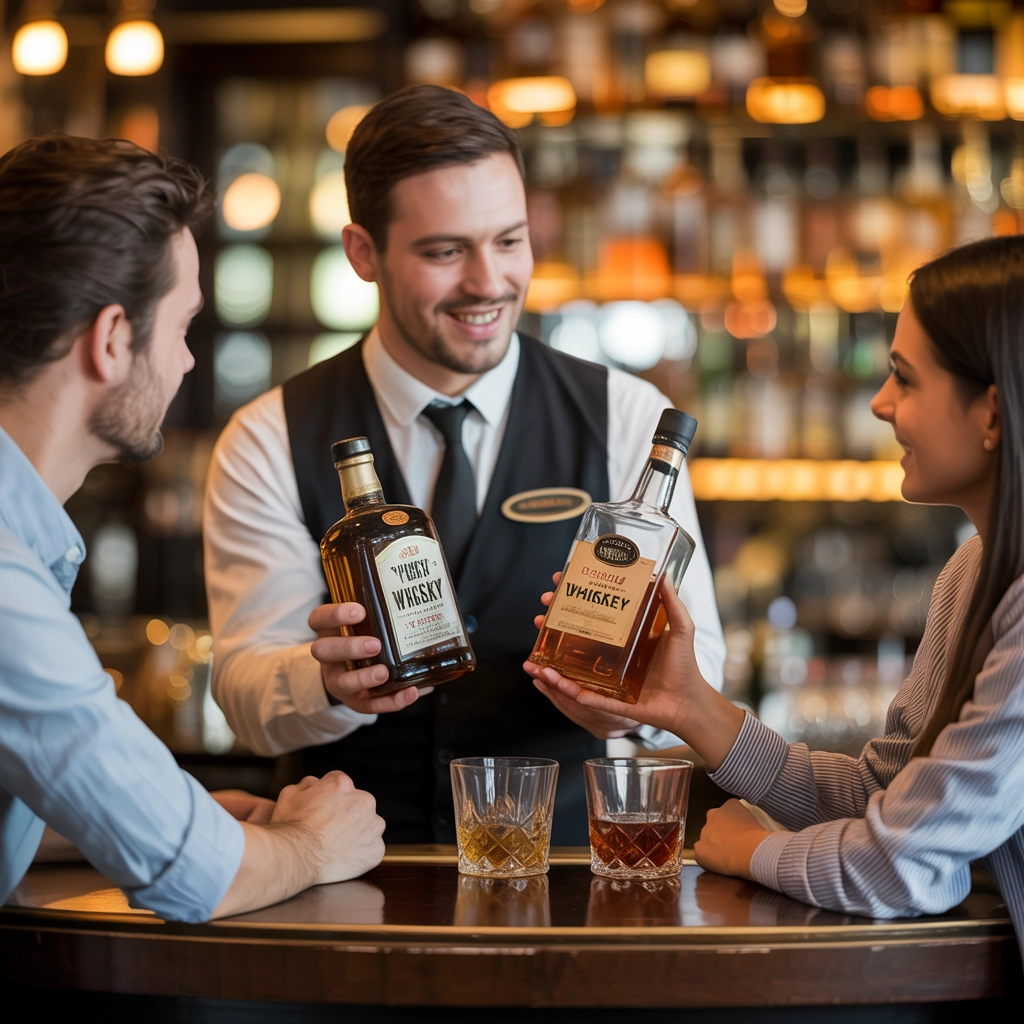
Measuring Success Beyond Revenue
While increased check averages are an obvious metric for tracking upselling success, the most forward-thinking establishments look at additional data points:
- Return visit frequency: Effective upselling enhances experiences and builds loyalty
- Server/bartender retention: Staff who can successfully recommend products often earn higher tips and stay longer
- Social media mentions: Guests who discover new favorites through recommendations often share their experiences online
- Inventory movement: Successful upselling can help move through inventory more efficiently
Implementing a Subtle Upselling Strategy
For establishments looking to improve their approach, consider this phased implementation:
- Audit current practices: Are your staff already making recommendations? Are they genuine or formulaic?
- Invest in product knowledge: Ensure all customer-facing staff can speak authoritatively about your offerings
- Develop recommendation language: Create a library of natural-sounding phrases that staff can adapt
- Focus on specific opportunities: Start with simple wins like suggesting premium spirits in popular cocktails
- Track and refine: Monitor which approaches yield results and adjust accordingly
"The most successful upselling program I've implemented started with just three specific opportunities," notes Rodriguez. "We focused on perfecting those before expanding. It's better to do a few things exceptionally well than many things poorly."
The Bottom Line
In today's hospitality landscape, the hard sell is not just ineffective—it's counterproductive. Guests arrive with unprecedented access to information and heightened sensitivity to being manipulated. The establishments seeing the greatest success are those that have reimagined upselling as a form of hospitality rather than a sales technique.
By training staff to make genuine, personalized recommendations, creating environments that facilitate discovery, and measuring success holistically, bars and restaurants can significantly increase profits while simultaneously enhancing the guest experience.
For more strategies on optimizing your bar or restaurant operations, check out our articles on AI and machine learning in demand forecasting and essential tech strategies for 2025 and beyond.
What subtle upselling techniques have worked in your establishment? Share your experiences in the comments below!
Written by Michael Politz, Author of Guide to Restaurant Success: The Proven Process for Starting Any Restaurant Business From Scratch to Success (ISBN: 978-1-119-66896-1), Founder of Food & Beverage Magazine, the leading online magazine and resource in the industry. Designer of the Bluetooth logo and recognized in Entrepreneur Magazine's "Top 40 Under 40" for founding American Wholesale Floral. Politz is also the founder of the Proof Awards and the CPG Awards and a partner in numerous consumer brands across the food and beverage sector.



